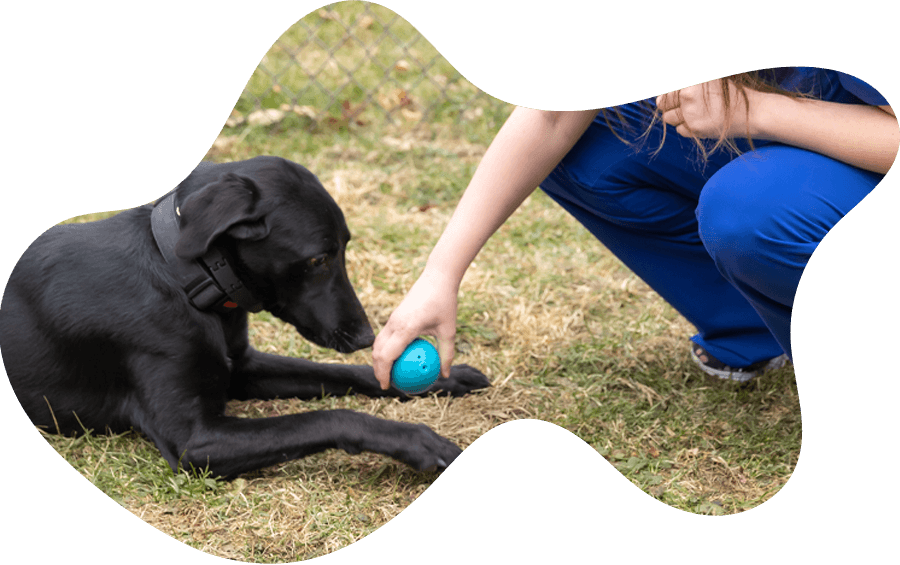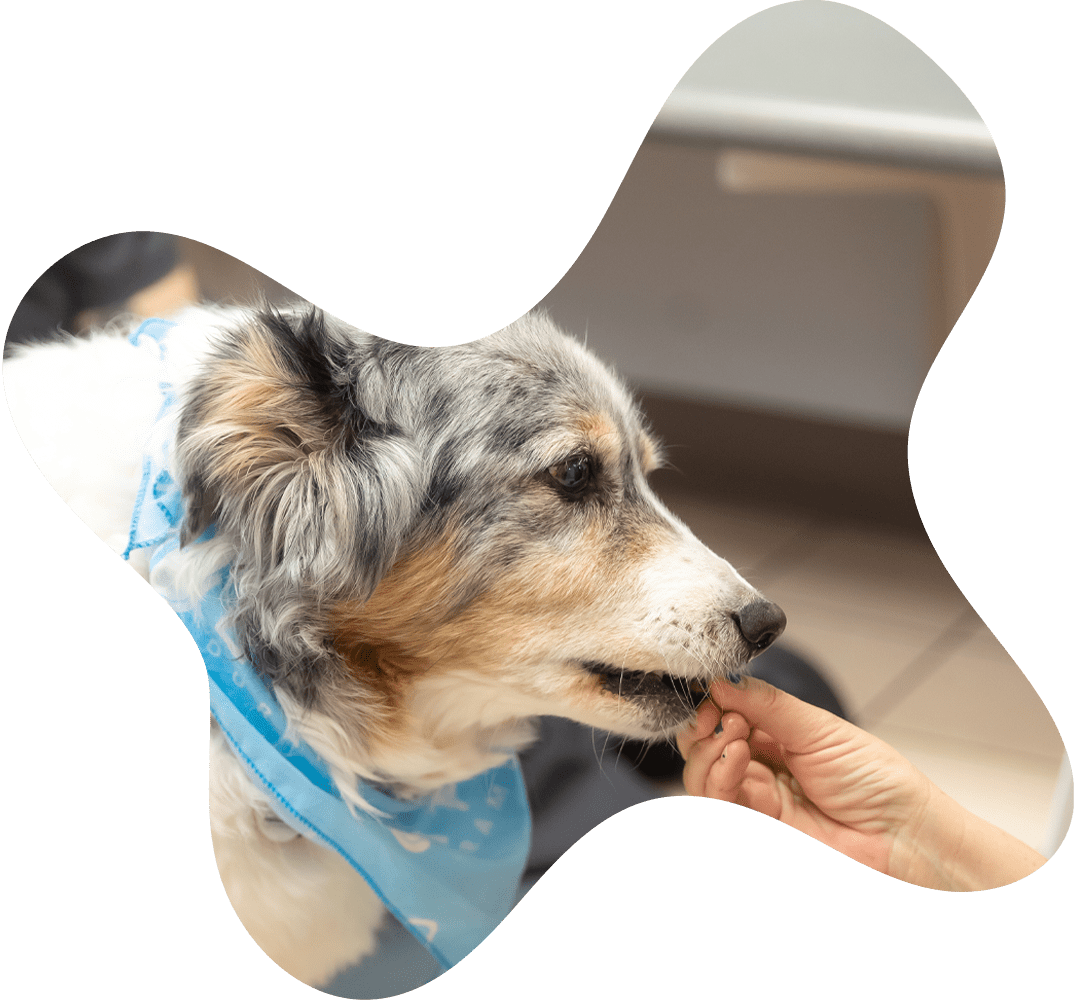Educational Library
Seasonal Pet Tips
The changes in weather can be fun, but they can also create potential risks and challenges to pets. Below are some seasonal tips to help keep your pet safe and happy throughout the year.
Parasite Control
Both internal and external parasites can cause a number of health problems for pets, but the good news is that we can help you protect your pet. In addition to intestinal worms, heartworms and ticks are two of the most common parasites seen in pets, see below to learn more.
Heartworm
Heartworm disease is a worldwide concern for both indoor and outdoor pets and is spread by mosquitoes that are infected with one of the life stages of the heartworm. When an infected mosquito bites an animal, the heartworm larvae enter through the bite wound. Over time, these larvae mature into adult worms (internal parasites) in the heart, causing potentially-fatal blockages. La Crosse Veterinary Clinic recommends year round heartworm prevention to protect your pet from heartworms, as well as yearly blood testing to make sure that your pet is free of disease.
Ticks
In our area ticks thrive almost everywhere. However, they are most common in high grass and wooded areas. Ticks are external parasites that usually latch on to the head, neck, ear, or feet areas. If not removed within 24-48 hours, ticks can cause Lyme disease, which can result in depression, fever, lameness, and even kidney failure. In the spring, summer, fall and even winter months when the temperature is just above freezing, always check your pet for ticks when they come in from outside. If you ever find a tick imbedded on your pet, gently grasp it with a pair of tweezers (near the mouthparts where it is attached to your pet, not by the fat part of the tick body) and twist it out, making sure to remove its head and mouth.
Wellness & Vaccination Informational Handouts
Canine Lifetime of Wellness
Provides information to help keep your dog happy and healthy.
Feline Lifetime of Wellness
Provides information to help keep your cat happy and healthy.


